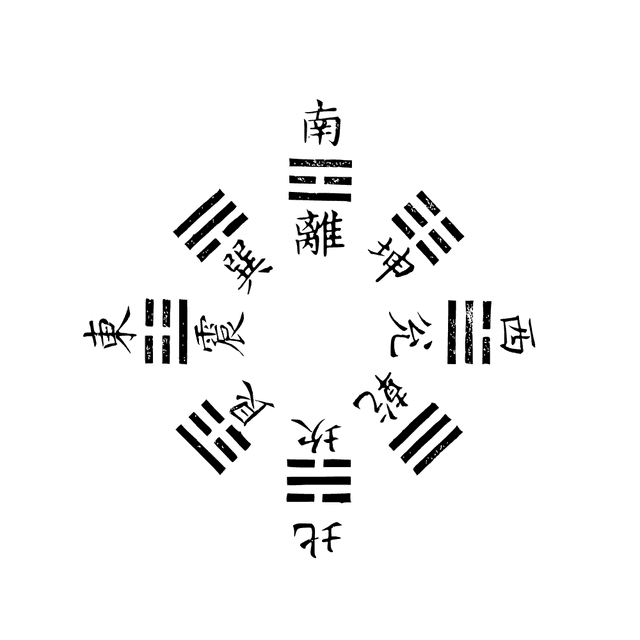About I Ching Divination
The I Ching (Book of Changes) stands as humanity's oldest wisdom text, serving for 3,000+ years as both divination system and philosophical guide to change, balance, and universal interconnectedness.
Rooted in yin-yang dynamics, 64 hexagrams map nature's transformation patterns through six-line configurations of broken (yin) and unbroken (yang) lines.
Our platform bridges ancient oracle wisdom with contemporary accessibility, offering guidance for decisions, growth, and life's deeper patterns.
Modern Applications of Ancient Wisdom
In today's rapid world, the I Ching's teachings on timing and natural rhythms prove more relevant than ever - revealing when to advance, retreat, speak, or remain silent.
Rather than fatalistic prediction, the I Ching illuminates present potential and natural tendencies, guiding us to align actions with life's flow for harmonious outcomes.
Our AI system preserves authentic I Ching spirit while adapting to modern needs, honoring traditional hexagram meanings within contemporary contexts.
